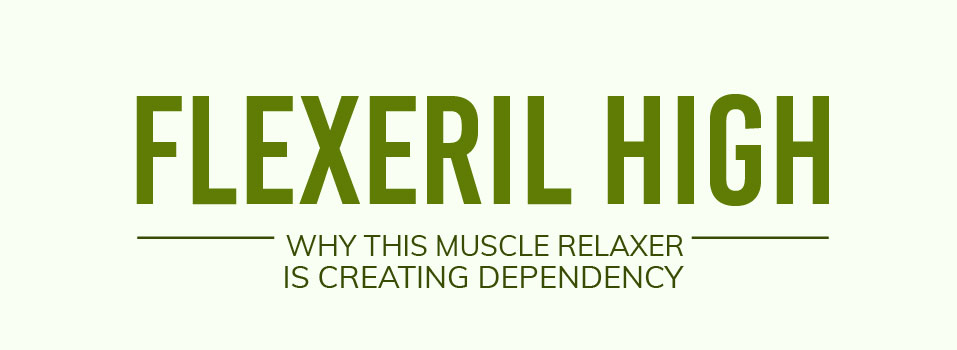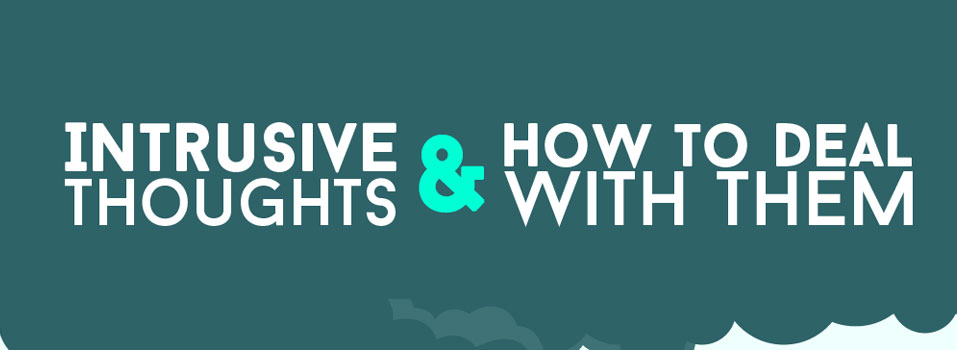Why Drug Treatment is Effective
Addiction does strange things to your brain. First it compromises your ability to make good decisions, encouraging you to mistreat, neglect, or harm your loved ones. But then, it also convinces you that your behavior is normal, perhaps even that the people you love deserve such mistreatment. The final blow of addiction, though, is the worst. Many addicts, upon realizing the harms they've caused, fall into deep self-loathing, refusing to seek treatment or pursue any steps toward sobriety. Drug treatment can and does work, and the millions of addicts who overcome addiction each year are testimony to this fact.
Understanding the Disease Model of Addiction
Addiction is a disease of the brain and mind, not a personal choice. Brain scans show that the brains of addicts react differently to addictive substances than those of non-addicts. Research is still in its infancy, so doctors aren't sure of the precise causes of addiction, though a combination of environment and genetics likely play a role - as they do with most illnesses.
Prolonged use of drugs and alcohol steadily changes your body. At first, your body alters its chemistry to reduce the effects of drugs and alcohol. This means you need to use more drugs to get the same result you previously got. From there, your body becomes chemically dependent on drugs and alcohol. This, which is the medical result of addiction, is what makes it so hard to quit.
Choosing Effective Drug or Alcohol Treatment
Just as you wouldn't deny yourself chemotherapy for cancer, it makes no sense to avoid treatment for addiction. But as with all other disorders, it's important to be a critical consumer of medical care. Not all addiction inpatient treatments or drug rehabs are the same, and a recent study suggests that many addicts don't get proper treatment, even when they seek it out.
Currently, the best research we have suggests that a combination of medical care, 12-step programs, and addiction therapy are the best options for getting clean and sober. In rehab, you'll get access to all of these programs, as well as a safe and sober living environment. These benefits make drug rehab the gold standard in recovery care, and addicts are more likely to get clean through rehab than via any other recovery option. Before you sign up for any regular or inpatient treatment regimen in The Treasure Valley, be sure to ask the following options:
- What specific treatment methods are you using? There are many ways to do therapy, for example.
- Can you show me research indicating this approach is effective?
- What will we do if the first thing we try doesn't work?
- How long have you used this treatment protocol?
Short-Term Effectiveness
Drug Treatments that are effective in the short-term can help you get past the first few weeks of recovery, but they won't necessarily help you stay sober. This means that your treatment team may begin with one treatment protocol, then switch to another. Some approaches that have been proven effective in the short-term include:
- Cognitive-behavioral therapy, which research suggests works more quickly than any other approach.
- Group therapy, which offers you the chance to get support and wisdom from other recovering addicts.
- Medication for the symptoms of withdrawal.
Though these drug treatments can continue to work in the long-term, they are often not sufficient on their own. In other words, if you want to get the most out of therapy, for example, you'll need to combine cognitive-behavioral therapy with a treatment that has been proven effective in the long-term.
Long-Term Effectiveness
These long-term approaches to sobriety may not cure you overnight, but they will help you sustain your sobriety after the initial weeks of detox have passed:
- 12-step programs, such as Narcotics Anonymous. These groups are most effective when you continue going even after getting sober.
- Interpersonal, dialectal-behavioral, psychodynamic, or family therapy.
- Inpatient drug rehabs, as well as intensive outpatient rehab programs.
- Healthy lifestyle strategies, such as good nutrition, a healthy exercise regimen, and plenty of sleep. What you put into your body matters, and the right fuel will give you the best possible chance at sobriety.
- Proper treatment for any underlying mental health issues, such as depression and anxiety. Research consistently shows that about half of all addicts have a mental health issue. Without proper treatment for mental health disorders, both addiction and mental illness tend tog et worse over time.
Why You Need Addiction Treatment
It's just not possible to give yourself the kind of treatment you get in an alcohol and drug rehab. No matter how insightful or intelligent you are, there's no substitute for the guidance of a skilled therapist and the medical advice of an experienced physician. Study after study has shown that people who pursue rehab get sober faster, with fewer relapses. Conversely, among people who try to go it alone, the relapse rate is about 60%. And those who try white-knuckle sobriety - resolving to get sober without getting treatment or developing a plan - the relapse rate is nearly 95%.
No one wants to take time out of their life to seek treatment, but the truth is that drugs and alcohol are already robbing you of much of what you value about your life. Treatment puts control back in your hands. You control the direction and course of treatment, and treatment allows you to no longer be controlled by addiction. The myth of a treatment-free recovery is nothing but a myth fueled by denial, ignorance of addiction medicine, and a desire to keep using. You deserve better. Northpoint Recovery offers the best alcohol and drug rehab. Call us now to learn more.





